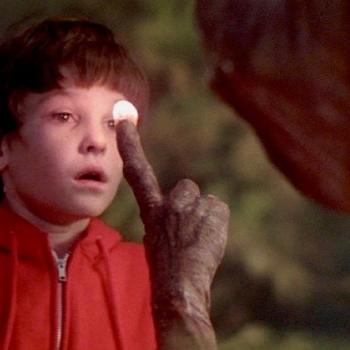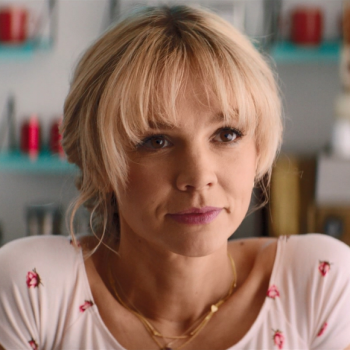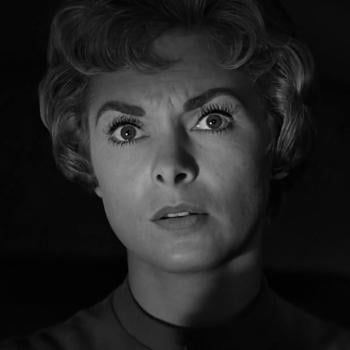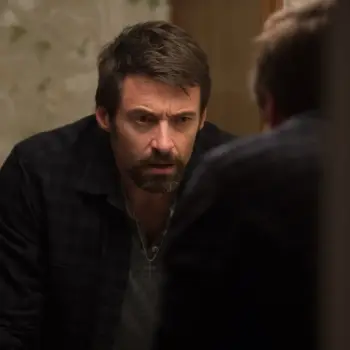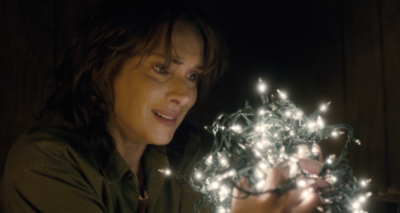
As I eagerly await the final episodes of Stranger Things 4, and as I, too, find myself suddenly inducted into the Kate Bush fandom, I inevitably reflect on my relationship to the Netflix juggernaut.
As with most pop culture powerhouses, the hype surrounding Stranger Things has been described as “religious.” Normally that term is thrown into the discourse separate from its spiritual context, but here at Sublime Cinema, we know that most pieces of entertainment can be described as such without dropping the connection. Here we go.
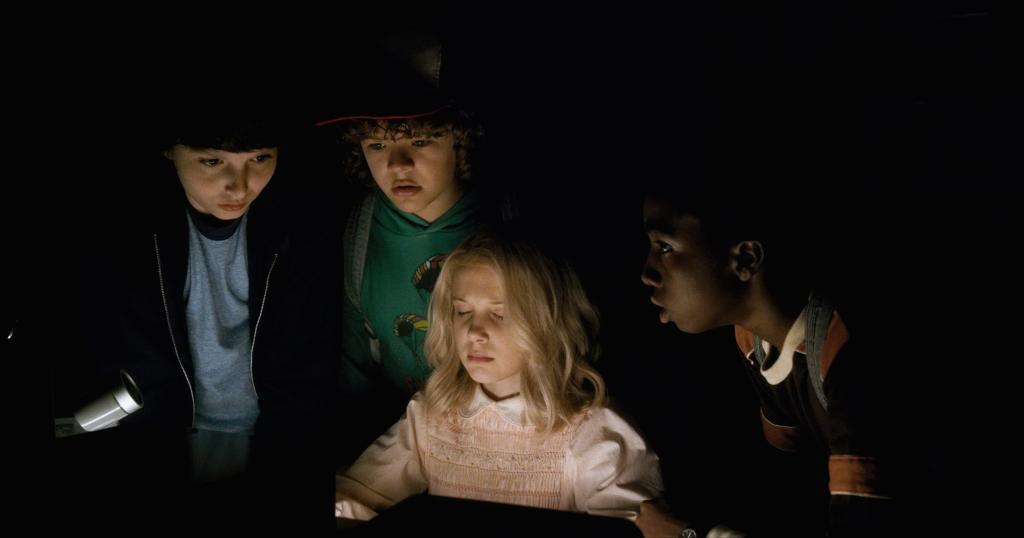
The show finds the sleepy town of Hawkins stirring from its stasis as unexplainable, and even frightening, phenomena creep into their community. The inciting incident in this show being the disappearance of 12-year-old Will Byers. Sure, Will wouldn’t be the first kid to run away from home, but Will’s never been the type to act out like this. If he’s not running away from home, could he have been running away from something else? And what about the mysterious phone call his mother receives where she swears she can hear him breathing? And this girl who appeared in the woods just after Will vanished, does she have anything to do with this?
For every peculiarity there’s a logical explanation put forth by either the masses or the authorities. “Your son got lost in the woods and fell into the lake, and that’s why he disappeared.” These explanations certainly quell any notions of supernatural terror or government coverup, but that doesn’t assuage the unrest felt by our characters, the sense that there’s something deeper behind the curtain. And so it becomes incumbent on them to reject the complacency to which they are predisposed, face their darkest fears, and put their world back together.

I’m choosing to write about the series in this space because the show has always had echoes of the spiritual conversion process. Spirituality floats on the idea that there is more to existence than that which can be perceived by our material senses. The onus is placed on the believer to either accept the comfortable reality they can perceive or entertain the quiet voice that tells them there is more.
I have to imagine that the Duffer Brothers are becoming more aware of these parallels because religious motifs feature even more heavily in the most recent season. There are a few scenes, for example, that take place in the house of a Church of Jesus Christ of Latter-Day Saints family. “Be on your best behavior,” one of the characters admonishes his friends as they approach the door. “These guys are like really religious.” (As a member of this faith, I still honestly haven’t decided whether I found this representation gauche … Anyways.) But there are also moments where spiritual truths of religiosity are unearthed through the show’s natural ethos.
Consider also one instance in episode 4, which finds one of our characters, Max, reading a letter to her dead stepbrother. “I don’t know if you can even hear this,” she admits. “Two years ago, I would have said that’s ridiculous. Impossible. But that was before I found out about alternate dimensions and monsters, so I’m going to stop assuming that I know anything.”
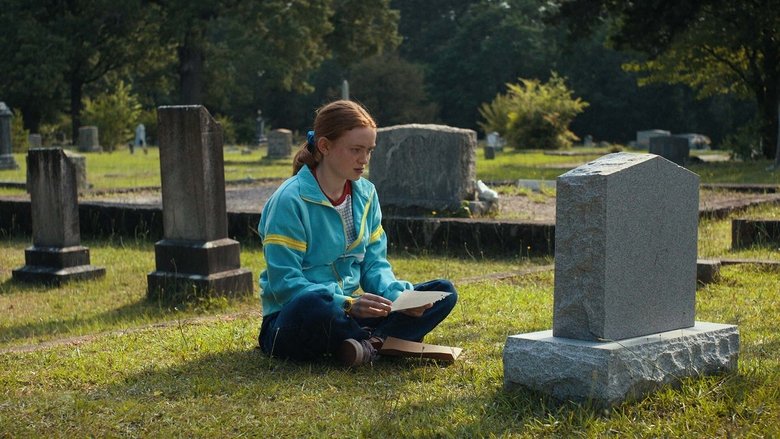
The thematic throughline of the show has its various characters slowly embracing a wider view of the world as these abnormalities build up. They start questioning their government, the safety of their quiet community, and even their definition of reality. This being a horror show, that transformation generally has them slowly acknowledging truths that are frightening (e.g. there are alternate dimensions with monsters). But not all of these impossible realities are sinister in nature.
Some things are hard to believe in because they get your hopes up–your best friend is actually still alive and needs your help to escape The Upside-Down–and in that way they’re even more frightening than any monster. But opening their mind to such impossibilities breaks these characters out of their shell, revealing more authentic selves. An insecure high school girl so desperate to be accepted by the popular crowd might finally start asking herself what values she wants to live her life by. A curmudgeonly old cop drowning in alcohol might finally become a hero to the town that depends on him and an adopted daughter who so desperately needs someone to love and guide her if she’s ever going to fulfill her part in this conflict.
The reason why this show works (so much so that some of us will stay up after a long evening shift to watch all 7 new episodes after they drop at 1 in the morning) is that the show uses supernatural fears to describe fears that are much closer to the heart–fears of vulnerability, and fears of becoming the person you were meant to be. When you choose to reject the comforting lies propelled by the powers that be, you also start rejecting the lies you’ve been telling yourself, and suddenly there’s nothing stopping you from becoming your best self.
Consider some of the “impossible” realities entailed within religious faith: There is life after death. A benevolent being watches over all of us. We can all overcome our worst mistakes. These are no less fantastical, nor do they promise less grace to the striving soul.
Graciously, these truths don’t include 9-foot-tall faceless monsters.
(That’s right, isn’t it? I’ll confess it’s been a while since I’ve read Revelations.)




